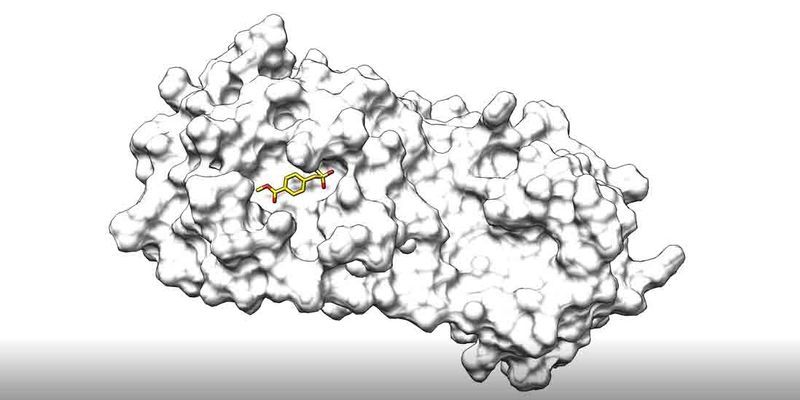Data analysis identifies the “mother” of all SARS-CoV-2 genomes
Temple researchers have identified the first genome to transmit the coronavirus.

Molecular epidemiologists around the world are trying to answer a question: Where is the first case of SARS-CoV-2 infection or “patient zero?”
Finding that case is necessary to better understand how the novel coronavirus may have jumped from its animal host to infect the first human as well as the history of how the SARS-CoV-2 viral genome has mutated over time and spread globally.
But despite major efforts, no one to date has identified the first case of human transmission.
In the absence of patient zero, a Temple University research team may have found the next best thing: The progenitor or “mother” of all SARS-CoV-2 genomes and its early offspring strains, which have subsequently mutated and spread to dominate the world pandemic.
“We set out to reconstruct the genome of the progenitor by using a big dataset of coronavirus genomes obtained from infected individuals,” said Sayaka Miura, assistant professor of biology and a senior researcher on the study.
Using data analysis, the researchers sifted through almost 30,000 complete genomes of the SARS-CoV-2 virus.
“The SARS-CoV-2 virus is carrying an RNA genome that has already infected more than 35 million people across the world,” said Sudhir Kumar, director of the Institute for Genomics and Evolutionary Medicine at Temple University. “We have now reconstructed the progenitor genome and mapped where and when the earliest mutations happened.”
In doing so, their work has provided new insights into the early mutational history of SARS-CoV-2.


